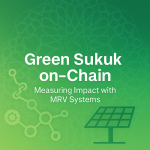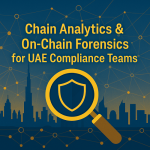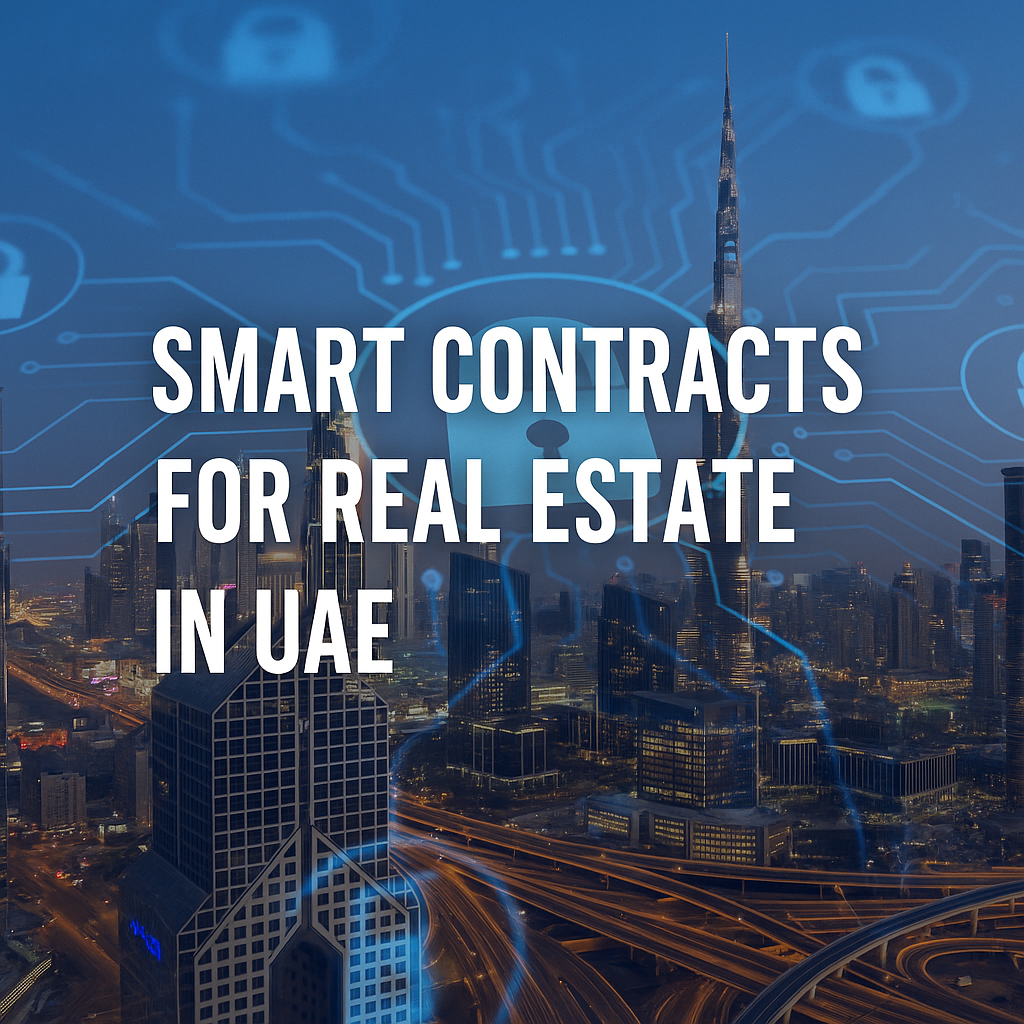Introduction: The Real Estate Sector Meets Web3
BREAKING
Dubai’s first tokenized real estate platform is now live on the XRP Ledger!
A major leap for real estate + crypto adoption!#XRPL #Dubai #Tokenization #Crypto pic.twitter.com/ayoNHeGEaQ
— aif| (@Xaif_Crypto) May 26, 2025
Dubai and the wider UAE are modernizing real estate through smart contract technology. The UAE government supports blockchain innovations in many sectors such as real estate These self-executing, blockchain-based agreements are transforming how property is bought, sold, rented, and tokenized. With transparency, automation, and security at the forefront, Smart Contracts for Real Estate in UAE are reshaping the market.
Table of Contents
- What Are Smart Contracts in Real Estate?
- Benefits of Smart Contracts for Real Estate in UAE
- How Smart Contracts Work in UAE Property Transactions
- UAE Regulatory Framework for Smart Real Estate Contracts
- Use Cases of Smart Contracts for Real Estate in UAE
- Challenges and Limitations
- Frequently Asked Questions (FAQs)
- Future of Smart Contracts in UAE Real Estate
- Partner with Websima to Build Smart Contract Solutions for Real Estate
What Are Smart Contracts in Real Estate?
Defining Smart Contracts
Smart contracts are self-executing agreements written in code on a blockchain network. They automatically carry out terms when predefined conditions are met—eliminating the need for intermediaries.
Key Components of a Real Estate Smart Contract:
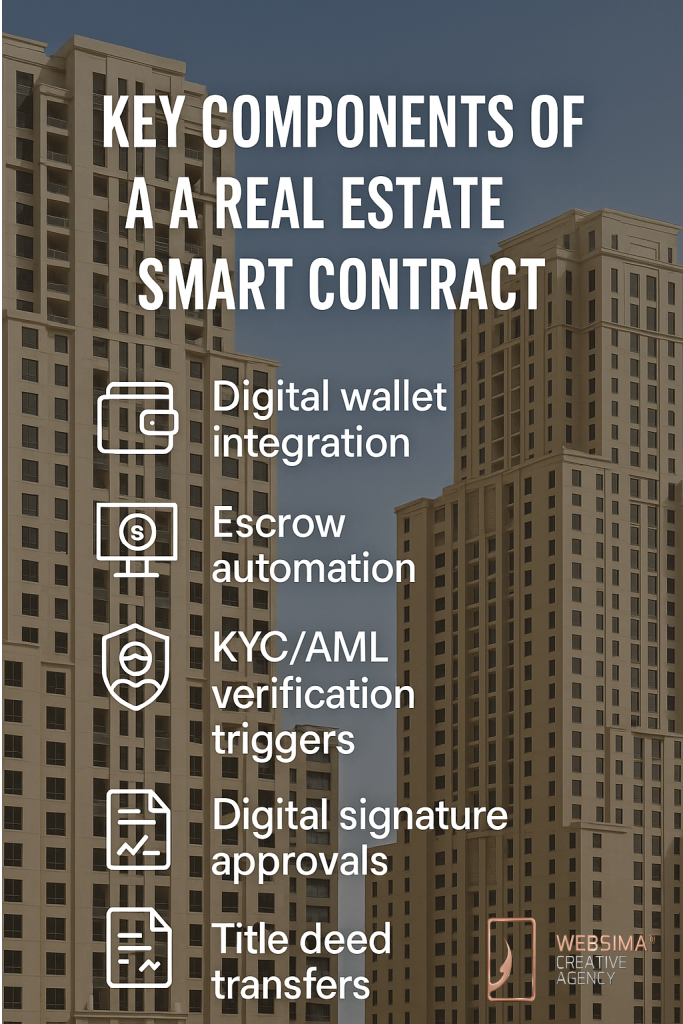
- Digital wallet integration
- Escrow automation
- KYC/AML verification triggers
- Digital signature approvals
- Title deed transfers
In real estate, these contracts ensure accuracy, speed, and trustless execution, drastically improving traditional processes.
Benefits of Smart Contracts for Real Estate in UAE
1. Instant and Transparent Property Transactions
With smart contracts, buyers and sellers can finalize deals in real-time. Once terms are fulfilled, the contract auto-executes—removing delays.
Example: A buyer transfers payment in AED or crypto via a smart contract. Upon confirmation, ownership is automatically transferred through the Dubai Land Department’s blockchain registry.
2. Lower Costs with Fewer Intermediaries
Smart contracts minimize the need for:
- Lawyers
- Escrow agents
- Brokers
This reduces administrative costs and human error.
3. Immutable Records and Legal Clarity
Once recorded on blockchain, contracts are tamper-proof and permanently accessible. The DLD’s blockchain-based title deed system ensures trust.
4. Tokenization of Real Estate
Smart contracts power fractional ownership through tokenization—turning properties into digital assets. Investors can buy, sell, or trade property shares securely.
According to the World Economic Forum, tokenization could unlock trillions in global property value by making assets more liquid.
How Smart Contracts Work in UAE Property Transactions
Step-by-Step Process
- Listing & Tokenization
- Property is listed; tokens are created to represent ownership.
- Smart Contract Deployment
- Contract terms, conditions, deadlines, and compliance triggers are written into code.
- Verification
- Buyer identity and compliance with KYC/AML laws are confirmed.
- Execution
- Payment is made via wallet or fiat escrow. Once confirmed, title deed is transferred.
- Completion
- Contract closes and immutable records are stored on blockchain.
This eliminates paperwork, reduces turnaround time, and increases transparency.
UAE Regulatory Framework for Smart Real Estate Contracts
1. Dubai Land Department (DLD)
- Pioneered blockchain-based title deed systems
- Partnered with tech companies to digitize real estate ownership
- Implements Smart Dubai Paperless Strategy
2. Real Estate Regulatory Agency (RERA)
- Oversees contract templates, agents, and compliance
- Supports integration of smart property management platforms
3. Virtual Assets Regulatory Authority (VARA)
- Provides licensing and legal frameworks for platforms using smart contracts and crypto payments.
4. ADGM and DIFC Sandboxes
Both Abu Dhabi Global Market (ADGM) and Dubai International Financial Centre (DIFC) offer regulatory environments that:
- Encourage smart contract innovation
- Provide startup-friendly licensing paths
- Support DeFi and tokenization pilots
Use Cases of Smart Contracts for Real Estate in UAE
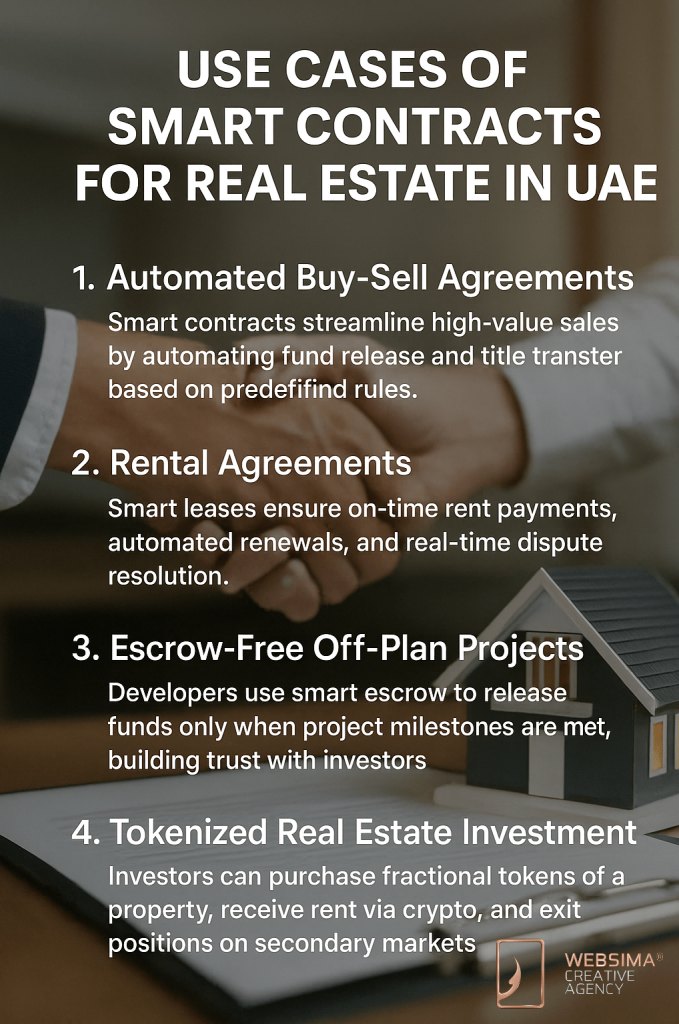
1. Automated Buy-Sell Agreements
Smart contracts streamline high-value sales by automating fund release and title transfer based on predefined rules.
2. Rental Agreements
Smart leases ensure on-time rent payments, automated renewals, and real-time dispute resolution.
3. Escrow-Free Off-Plan Projects
Developers use smart escrow to release funds only when project milestones are met, building trust with investors.
4. Tokenized Real Estate Investment
Investors can purchase fractional tokens of a property, receive rent via crypto, and exit positions on secondary markets.
Challenges and Limitations
Despite its potential, Smart Contracts for Real Estate in UAE face several limitations:
- Legal recognition: Courts may require paper trails alongside blockchain records.
- Smart contract bugs: Mistakes in code can lead to irreversible errors.
- Lack of awareness: Traditional brokers and buyers may resist adoption.
- Compliance friction: Regulatory standards for on-chain ID verification are still evolving.
- Banking integration: UAE banks are slowly integrating blockchain and crypto platforms.
Yet, these hurdles are decreasing as regulatory clarity, education, and infrastructure continue to improve.
Frequently Asked Questions (FAQs)
1. Are smart contracts legally valid in the UAE?
Yes. Under Federal Decree-Law No. 46 of 2021, smart contracts are recognized as legally enforceable if mutual consent and verifiability are proven.
2. Can foreigners use smart contracts for Dubai property?
Yes. Foreigners can buy property in designated freehold zones using smart contracts, provided due diligence is conducted.
3. Is crypto allowed in smart real estate transactions?
Yes, under VARA licensing. Crypto payments like USDT, USDC, or ETH are permitted through regulated providers.
4. Can smart contracts handle rent disputes?
Yes. Automatic triggers can enforce late fees, notifications, and termination processes, but legal recourse may still be in need for severe cases.
5. Who writes and audits these smart contracts?
Smart contract developers with blockchain expertise—audited by firms like CertiK, Consensys Diligence, or Quantstamp.
Future of Smart Contracts in UAE Real Estate
Smart contracts are integral to the Dubai 2030 Smart City Strategy and UAE’s Digital Economy Agenda. In the near future, we expect to see:
- Blockchain land registries
- AI-generated smart lease agreements
- Tokenized real estate exchanges (DREXs)
- IoT-integrated smart property contracts
For launching blockchain startups in Dubai and UAE, real estate platforms, and global investors, Smart Contracts for Real Estate in UAE offer a future-proof foundation for trustless transactions.
Partner with Websima to Build Smart Contract Solutions for Real Estate
Are you ready to digitize real estate operations in Dubai or Abu Dhabi? At Websima, we help property developers, real estate startups, and blockchain platforms build compliant and scalable smart contract infrastructures.
Our Capabilities:
- ✅ Smart Contract Development (ERC-20, ERC-721, ERC-1155)
✅ VARA Compliance Consulting
✅ Real Estate Tokenization Models
✅ Blockchain UI/UX & dApp Integration
✅ Security Audits & Deployment
From ideation to launch, our blockchain engineers and regulatory experts will guide your project every step of the way.

